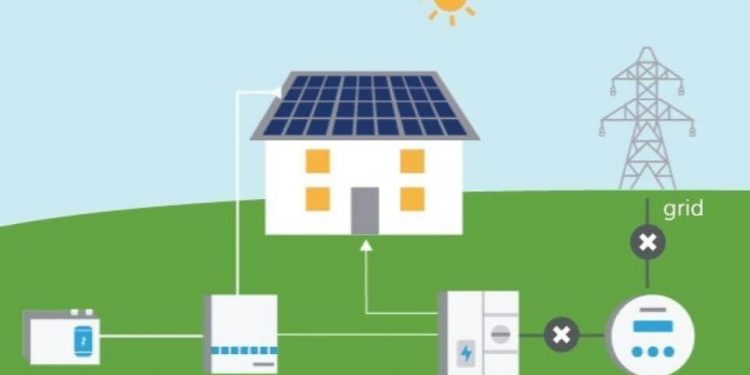You’re probably better off buying a solar panel with a tiny bit more wattage, but there’s no shame in not paying for the whole panel. Low-wattage panels can be good for supplemental power during overcast days and evening use while waiting to connect to the grid.
How Much Power Will A Solar Panel Produce?
Solar panels are rated by their maximum power output. A 300-watt solar panel can generate up to 2,800 kWh of electricity annually, but it’s often better to buy the 400-watt version or the 500-watt version as they will produce more electricity and thus be better value for money in the long run. By adding a little over 50% to your existing home electrical load distribution (no matter how small), you ensure that you’ll maximize the power your solar panels produce while still being comfortable with your long-term investment. The chart below gives an idea of how much electricity different size solar panels produce in a 24 hour period.
What Can You Run With A 300 Watt Solar Panel?
A 300-watt solar panel will be able to run about 20% of your appliances. A single 300-watt solar panel is enough for a few lights (if only the bulbs are LED and you don’t need any other appliances) and minor electronics, but this will be pretty difficult to do. However, if you’ve got more than one solar panel, these combined can power a fridge and other appliances. A single 300-watt panel will allow you to operate most small electronics such as cell phones, tablets, or laptops without any issues at all.
When you calculate the actual value of a solar panel or other forms of renewable energy, it’s not always just about how much money you save. It’s also about improving your energy independence and reducing your carbon footprint. It’s important to pay as little as possible upfront for your solar panels so that you receive the most electricity for your money in the long term.
What Are the Costs?
Solar panels used to be expensive, but prices have come down significantly in recent years. As mentioned above, today, there are very good solar panels available for less than $10,000, and even very low-priced modules can produce over 1 kWh per day. The biggest expense you have when installing a solar panel system is the actual panels themselves. Other costs include wiring, labor, and batteries if you need them. Breaking down the price of a solar panel for yourself can be a good starting point for estimating installation costs.
What Does It Cost To Install?
The cost to install one 300-watt solar panel will depend on your home’s location, the quality of the panel, and your choice of equipment. You might also have to pay for assembly and local electrical permit fees, depending on where you live in Canada. It can be difficult to know how much a solar panel will cost you to install, so look for helpful guides that will help you estimate the cost of solar panels installed in your area. You should definitely look around for solar panel installation you can count on.
What Is The Best Brand Of Solar Panel?
There are many brands of solar panels available in Canada. These solar panels are all certified to very stringent European standards and have been tested on Canadian, US, and Australian roofs. Solar panels from reliable manufacturers represent the best value on the market today.
What Is A Sun Performance Label?
A Sun Performance Label is a label that shows the typical performance of a solar panel under typical Canadian climatic conditions. In order to obtain it, manufacturers must be registered with SNC-CEN or SWBC. You can see their labels online. Look for panels that are certified by SNC-CEN or SWBC, so you know that they produce high-quality power under Canadian weather conditions and will not degrade when exposed to the elements over time (i.e., UV damage).
The best solar panels you’re looking for could be something cheap, quality, more expensive premium panel. If you’re in western Canada, there’s so much sunlight to draw from. Plug into the sun!
Follow Techdee for more!





